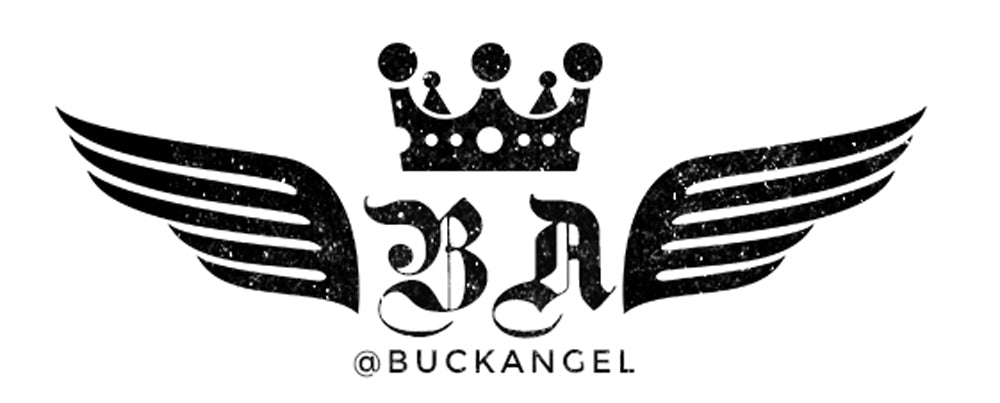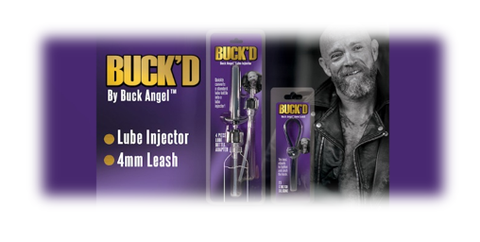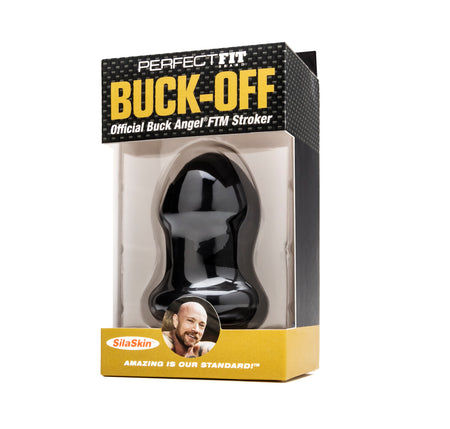Sex is a powerful tool that helps deepen intimacy and helps create connections, and it also has a multitude of personal benefits. However, it can seem intimidating and overwhelming, especially when you don’t know where to start. If you’re struggling with where to get started, then look no further.
Here are some tips on how to build your confidence in your sex life while staying safe:
Spend Time Getting To Know Yourself
Although we all want to feel sexually liberated, discovering your sexual self requires more personal work than you might think. Sexual liberation is tied to understanding yourself and your sexual desires. Sex is not one-size-fits-all, so it’s crucial that you spend time getting to know yourself. Connecting with yourself sexually might sound nerve-wracking, but starting small by asking yourself what turns you on, whether that be foreplay or roleplaying, will help you understand where to start. To know yourself sexually takes trial and error and a willingness to try things that might seem out of the norm.
For some non-binary and transgender people, there can be a sense of dysphoria attached to exploring their body. If you’re someone who struggles with this, then use this alone time to see what areas you feel uncomfortable allowing yourself and your partner to touch. Once you have explored your thoughts, feelings, and experimented with yourself sexually, it will be easier for you to discuss sex with your partner and create a safe and fun sexual experience.
Be Cautious of Risks
Now you might feel like you’re covered and understand the risks that come with sex, but chances are any sexual education you might have had has been centered around heterosexuality. Understanding that although regardless of gender or sexuality, there are risks involved when having sex, it’s crucial for LGBTQIA+ youth and adults to have informative discussions on safe sex practices. There are a number of barrier methods to consider when having sex, from dental dams to condoms. Using protection isn’t just to prevent unwanted pregnancies. External and internal condoms work as STD protection and have a high percentage of effectiveness. They also come in a variety of shapes and sizes, so find what works for you.
HIV continues to disproportionately impact LGBTQIA+ communities, which is why practicing safe sex using barrier methods is crucial to maintaining a healthy sex life. If you or someone you know is at risk for HIV, talk to your healthcare provider about PrEP. PrEP is a daily pill that can lower your chances of getting HIV by more than 90%. Although it does not prevent other STIs, it can help reduce your risk and help you feel ready to engage in any sexual activity. If you or your partner have HIV, sexual activity doesn’t have to be taken off the table.
There are many people living with HIV that have safe and healthy sex lives. Staying on top of medication and using barrier methods are precautions you and your partner can take to prevent contracting HIV. However, people with HIV may face additional hurdles like erectile dysfunction. Studies have shown that men with HIV have a higher chance of experiencing ED. If this is the case, talk to your health care provider about Viagra medication that can help treat sexual function problems, and help you feel like your most confident self. Just because you may face these issues does not mean that you can’t have a fulfilling and healthy sex life. Here is a link to women's resources as well. https://www.forhers.com/sexual-health
Talk About Any Challenges
Never doubt the power that comes with communicating. Although you might feel awkward or the opposite of sexy, communicating is a key element to having good sex. With communication also comes increased closeness, so don’t be afraid to be honest with your partner about any reservations or nerves you may have. If you struggle with your body or know there are areas you would like to avoid, then talking to your partner before sex will not only relieve some anxieties, but will also allow you to enjoy yourself without hesitation.








